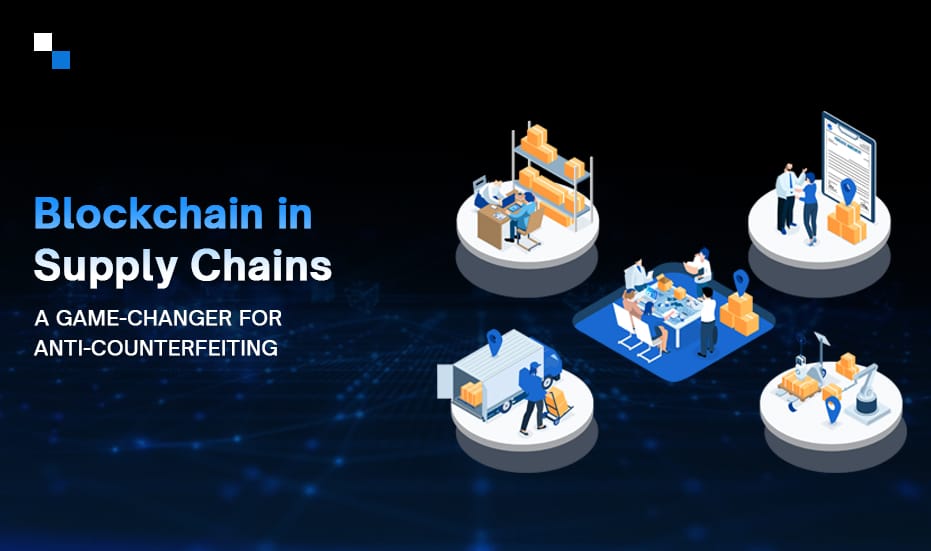Blockchain is increasingly seen as a ground-breaking technology with great potential to transform industries by forging a path for process efficiencies, cost optimization, better security, and transparent operations. The technology is gaining global adoption across diverse industries, especially the banking industry; it can be gauged by the level of attention blockchain technology is garnering from start-ups and incumbents globally.
Many top U.S. and European banks are capitalizing on the potential of blockchain by partnering with start-ups for delivering crypto friendly mobile banking solution. The focus areas for banks and start-ups include customer onboarding, payments, clearing and settlement, and loan.
The foundational elements of blockchain being leveraged by its adopters consist of the following:
- Decentralization: Unlike the conventional process, where one central authority controls everything within an ecosystem, blockchain distributes control among everyone on the network, thereby building a shared infrastructure.
- Digital signature: Blockchain allows an exchange of transactional value using unique digital signatures that comprise public keys (the code known only to the owner) and public keys (the decryption code known to each network participant). These digital signatures are used to create a proof of ownership.
- Data integrity: Blockchain uses complex algorithms and a consensus mechanism to ensure immutability. Transaction data, once agreed upon, cannot be changed by anyone on the network. This creates a single version of truth for everyone involved in a transaction, thereby alleviating the risk of fraud.
How can Blockchain Transform the Banking Industry?
The disruptive blockchain technology holds the ability to revolutionize almost any process – from payments to settlement and record management. This makes the technology alluring to banks, financial institutions, and start-ups, thereby solidifying their decisions to roll out crypto friendly mobile banking solution.
Here are the profound, positive changes that blockchain can bring to the banking industry:
- Decentralized Trade Finance
Trade finance is one of the ideal areas for blockchain transformation. Global leaders are harnessing blockchain technology to offer better banking solutions to their customers. Deutsche Bank joined JPMorgan’s blockchain-led crypto payments network.
A trade finance ecosystem comprising blockchain-driven solutions, such as a letter of credit, bill of lading, and multi-signature transactions can enable the following:
- Carriers issue bill of lading as a digital asset on the blockchain
- Banks issue letter of credit on the blockchain
- Multi-signature contracts between parties involved in trade
- Smart-contract-based fund release while ensuring speed and transparency
- Decentralized Trade Settlement
The current settlement process requires two to three days for payments. Blockchain can accelerate the settlement process, driving a transformative change in the capital market. Key benefits for banks and financial institutions shifting to blockchain-based settlement include the following:
- Reduced operational cost as a blockchain-driven decentralized trade settlement process eliminates the need for an intermediary. While the existing trades are settled in a T+2 time-frame, blockchain could lead to an instant settlement, with a T+0 time-frame.
- A decentralized clearing process that eliminates the risk involved in trading of over-the-counter (OTC) products, such as swaps.
- Seamless global trade by maintaining a decentralized ledger to keep securities positions.
- A transparent record of transactions on a distributed ledger, which can enable capital markets to witness higher trust levels.
- Decentralized Record Management
A decentralized document verification process can enable companies to access the latest documents and validate their authenticity. This type of solution can incentivize companies in the following ways:
- Seamless sharing of verified documents with companies requesting for the same
- Reduced time for user onboarding
- Access to the latest version of documents
- Accelerated multi-party verification process
- Decentralized Identity Management
Start-ups and financial institutions offering crypto friendly mobile banking solution are already harnessing a decentralized identity management process to eliminate inefficiencies involved in the existing centralized process to store customer information. With data stored in blocks and tamper-proof hash format, banks and financial institutions can augment the security of data stored and exchanged between third-party requestors.
The Future of Blockchain-based Banking
Blockchain and distributed ledgers are poised to transform the banking industry. They can empower banks to not only alleviate payment processing costs, but also roll out ingenious products and services that can create new revenue streams.
To make this a reality, banks and financial institutions need to work together with non-banks and technical partners to build the backbone that can underpin a global blockchain-led digital asset bank solution.




